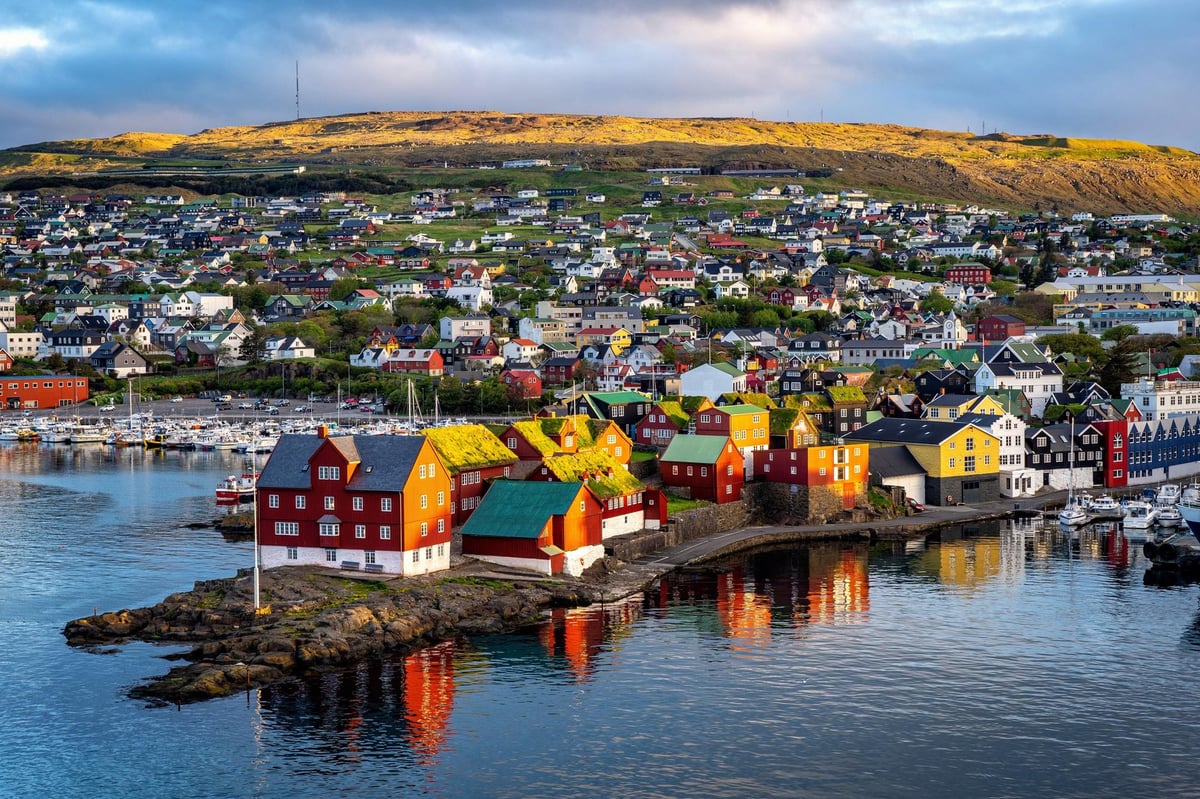#Alternatives to Our Current System of Democracy: Will Democracy Matters Transform Communities in Scotland?
Key Highlights :

Democracy Matters, the Scottish Government’s consultation process, kicked off in 2018 with the conclusion that “communities need control over decisions that affect their lives”. However, acknowledging the problem isn’t the same as fixing it.
Local government in Scotland has been in a hard-to-fix state since 1973, when Ted Heath reduced 400 councils to 53 district and nine regional authorities. This was followed in 1996 by John Major’s further reduction to 32 single-tier authorities. This level of centralisation has not been imposed on England, where 10,480 parish and burgh councils have an average annual budget of £1 million, dwarfing Scotland’s 1,200 community councils which run on a mere £400 per annum.
The result is that Scotland’s councils are the largest in the developed world with an average 175,000 inhabitants, compared to the EU average of 10,000, and a remote, massive, bureaucratised structure of “local” governance, which has been wearily accepted by just about everyone.
The revived Democracy Matters 2 process does not provide a fix for this problem. Instead, its attention is focused on community groups beyond the formal democratic process, because they patently work. Over the last 25 years, thousands of Scottish citizens in 350 community trusts have taken over everything from islands and schools to hydro-electric dams, petrol pumps, affordable housing, restaurants, mental health services and creches. They’ve done it without formal qualifications, prior experience or long-term funding.
The attraction to a cash-strapped government of these self-starters is that they cost the public purse next to nothing. However, development trust volunteers grapple daily with rules and regulations that occupy armies of highly paid professionals in every formal wing of government.
The question is, should these skilful, unpaid volunteers be given more powers over planning and budget? If so, membership-led trusts will be turned into mini-councils, expected to tackle every local problem without statutory powers, a dependable, long-term funding stream or the democratic validation of community-wide elections.
An alternative solution is to look to neighbouring countries for examples of successful local democracy. Norwegians have long understood independence to mean rule by locals, not rule by Oslo. Their 1814 Constitution legislated for each parish to become a municipal council almost a century before the national breakaway from Sweden. As a result, this country with the same population as Scotland, has almost 400 tiny, powerful councils.
Norwegian councils double up portfolios, cooperate with neighbours and hire Education Directors who are also part-time teachers. They don’t have highly-paid officials and council meetings are held in the evenings, so day-jobs can continue and councillors aren’t paid. Poorer councils are supported by central transfers and very small councils cooperate with neighbours which allows some challenge on ideas and the best ways of working.
The result is that 1 in 88 Norwegians stands for election, compared with 1 in 2071 in Scotland.
The Faroese island of Suðuroy is home to just 1377 inhabitants, yet it is (perhaps) the smallest town in the world with an Olympic size swimming pool, built by locals for a quarter of the full price, on donated land. This happened because Vágur has a tiny, go-ahead ultra-local council, and a swimming star.
After Pál Joensen won a medal at the 2010 European Championships, a radio commentator said: “Someone should build that man a pool, and name it after him”. So Vágur Council did, and the Páls Høll (Paul’s Hall) opened in 2015. This prompted the former fishing community to create an “experience economy” with such positive memories of childhood that departing youngsters would return to start families. It worked.
The Faroese system devolves a great deal of power to local councils, with 30 tiny councils for a population of 55 thousand, each receiving 20 per cent of income tax in a fixed formula. This allows pint-sized councils to act where larger councils would squabble over location for years and finally procure projects at several times the micro council cost.
The result is an 88 per cent turnout at the last elections with hundreds of candidates.
The solution for Scotland is to create a new tier of town, island and genuinely local councils, so community trusts are free to run manageable projects and not feel forced to become de-facto local authorities on the cheap. This would allow Scotland to reap the same rewards as Norway and the Faroe Islands, with highly motivated local volunteers caring for the vital assets councils, churches, quangos, lairds and charities have left behind, and a much higher level of participation in the democratic process.
